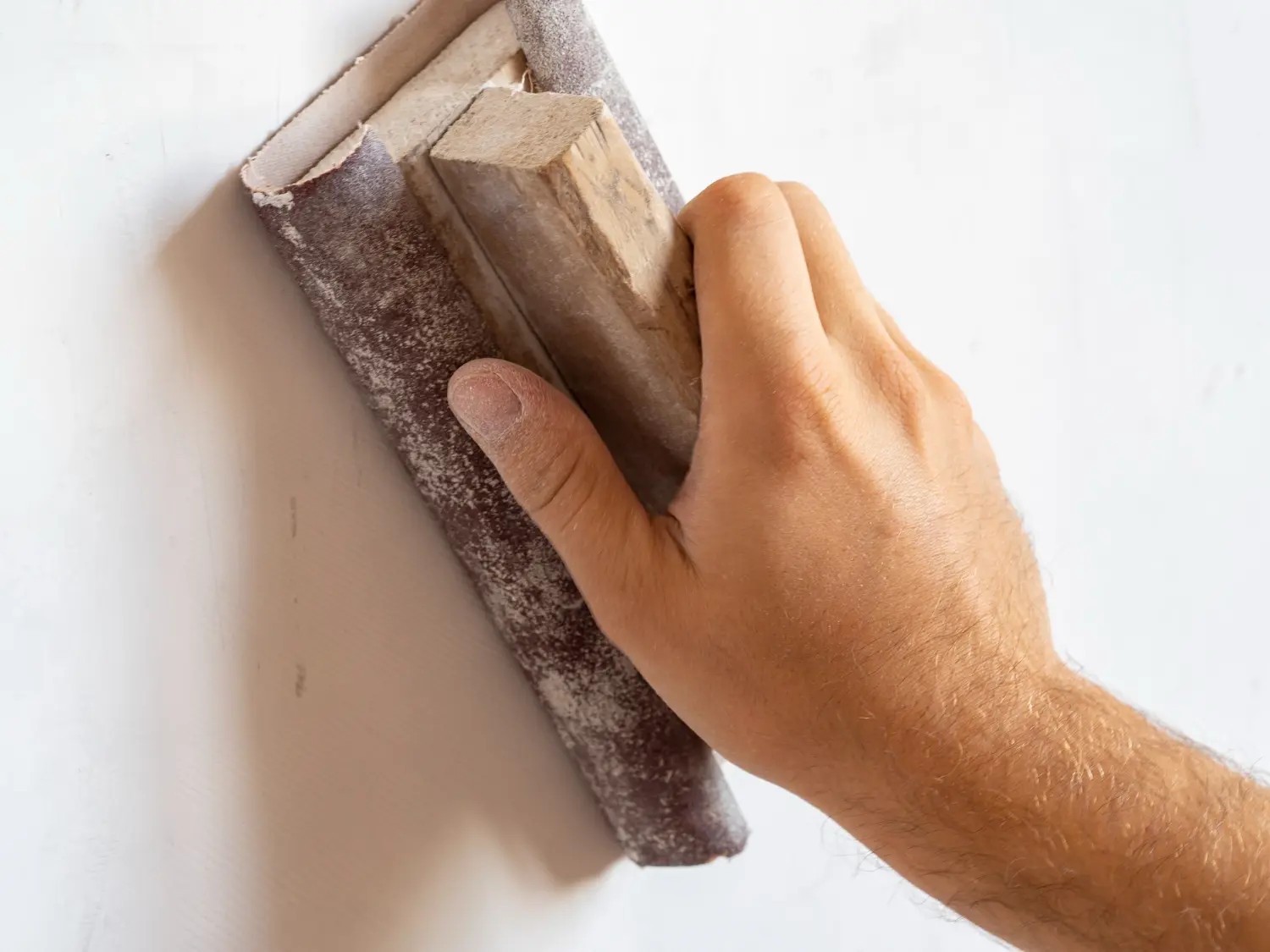Residential Painting: How to Prep Your Walls Perfectly

Prepping your walls is an essential step in achieving a flawless paint job for your home. Whether you want to refresh a single room or your entire house, perfect wall preparation ensures that the new paint adheres well and provides a smooth, long-lasting finish. Skipping this crucial step can lead to peeling paint, uneven surfaces, and a lot of frustration down the road.
Many homeowners overlook the importance of wall preparation. They might think a quick wipe-down is enough before rolling on the new paint. However, walls often have imperfections like cracks, holes, or even residue from old paint. Addressing these issues beforehand can dramatically improve the final look of your paint job.
In this article, we’ll explore why wall preparation is so crucial, identify common wall issues and how to fix them, discuss the tools and materials you’ll need, and share expert tips to help you prep your walls like a pro. Understanding these steps will make your painting project a success and give your home a fresh, beautiful look.
Understanding the Importance of Wall Preparation
Wall preparation is the foundation of a successful painting project. Properly prepped walls ensure that the paint adheres smoothly and evenly, creating a professional look that lasts. The importance of preparing your walls can’t be overstated.
Firstly, prepping your walls removes all forms of dirt, dust, and grease. These contaminants can prevent paint from sticking properly, leading to peeling and bubbling down the road. Whether you’re painting a high-traffic hallway or a quiet bedroom, clean walls are essential for a flawless finish.
Secondly, preparing your walls involves repairing imperfections like cracks and holes. Small cracks can grow into larger issues if left unattended, and holes from nails or screws can ruin the appearance of your freshly painted walls. By fixing these problems beforehand, you ensure a smooth, uninterrupted surface for your new paint.
Lastly, good preparation includes sanding the walls to create a slightly rough texture. This allows the primer and paint to bond securely to the surface. Skipping this step might result in chipping and flaking, which undermines the durability of your paint job. Proper wall prep is a step that pays off in both the short and long term, making sure your paint looks great and lasts for years.
Tools and Materials Needed for Proper Wall Preparation
Preparing your walls for painting requires the right tools and materials. Having these items on hand ensures that you can address any issues and prep your walls effectively.
- Cleaning Supplies: You’ll need soap, water, and a soft sponge or cloth to clean the walls. TSP (trisodium phosphate) is a great cleaning agent for removing tough grime and grease. Make sure to rinse and dry the walls thoroughly after cleaning.
- Sandpaper and Sanding Block: Use sandpaper or a sanding block to smooth out any rough areas and create a slightly abrasive surface to help the new paint adhere better. Medium-grit (120-150) sandpaper is ideal for sanding walls.
- Spackling Compound and Putty Knife: These are essential for filling holes, cracks, and other imperfections. Choose the right spackling compound for your wall type and use the putty knife to apply and smooth it out.
- Caulk and Caulking Gun: Use caulk to fill gaps around trim, baseboards, and between walls and ceilings. A caulking gun helps you apply the caulk evenly and smoothly.
- Primer: A high-quality primer is necessary to seal any repairs and create a uniform surface for the paint. It also helps with stain-blocking and enhances paint adhesion.
- Painter’s Tape: This tape is used to protect areas that you don’t want to paint, like trim, baseboards, and ceilings. It helps create clean, sharp lines.
- Drop Cloths: Use drop cloths to protect floors and furniture from dust and paint splatters. Canvas drop cloths are durable and less likely to tear compared to plastic.
- Dust Mask and Safety Glasses: Protect yourself from dust and debris while sanding or cleaning walls. Safety glasses and a dust mask are vital for keeping your workspace safe.
Having these tools and materials will make your wall preparation process smooth and efficient, setting you up for a successful painting project.
Expert Tips for Ensuring a Perfectly Prepped Wall
Here are some expert tips to help you achieve perfectly prepped walls, ensuring a professional finish for your painting project:
- Inspect Thoroughly: Before you start, carefully inspect your walls for any defects or damages. Addressing all issues beforehand will save you time and effort later on.
- Fix Imperfections: Use spackling compound to fill small holes and cracks. For larger repairs, consider using a patching material designed for bigger gaps. Properly mixed and applied compound will blend seamlessly with the wall.
- Sand Strategically: Focus on sanding areas with noticeable bumps or rough patches. Always sand in a circular motion and avoid using too much pressure to prevent damaging the wall.
- Wash Walls Properly: Cleaning your walls is crucial. Dirt and grime can affect paint adhesion. Use a mild detergent solution, and for tougher stains, TSP can be helpful. Rinse thoroughly and allow the walls to dry completely.
- Use a Primer: Applying a primer not only covers imperfections but also provides a good undercoat for your paint. A primer helps paint adhere better and ensures even coverage, especially if you’re painting over a dark color.
- Mask with Precision: Apply painter’s tape carefully around trim, windows, and other areas you don’t want to paint. Take your time to smooth the tape down to prevent any paint bleed.
- Practice Good Ventilation: Proper ventilation helps in drying walls faster and reduces the chances of paint fumes making you uncomfortable. Open windows and use fans to keep air circulating in your workspace.
- Take Your Time: Rushing through preparation can lead to mistakes. Taking the time to prep your walls thoroughly will result in a much better end product.
Following these expert tips can make a significant difference in the final result of your painting project. Well-prepped walls are the key to achieving a beautiful and long-lasting finish.
Conclusion
Properly preparing your walls is crucial for a successful painting project. It ensures that new paint adheres well, hides imperfections, and lasts longer. By understanding the importance of wall preparation, addressing common wall issues, using the right tools, and following expert tips, you can achieve a flawless finish.
Prepping your walls might seem like extra work, but it pays off when your paint job looks professional and stands the test of time. Every step, from cleaning to priming, plays a vital role in the end result. So, take the time to do it right and enjoy the rewards of a beautifully painted home.
For expert assistance, contact Armor Tough Coatings. Our experienced team will ensure your walls are prepped perfectly, providing a stunning, durable finish for your home. Get in touch with our residential house painters at Armor Tough Coatings today and take the first step toward transforming your space!


